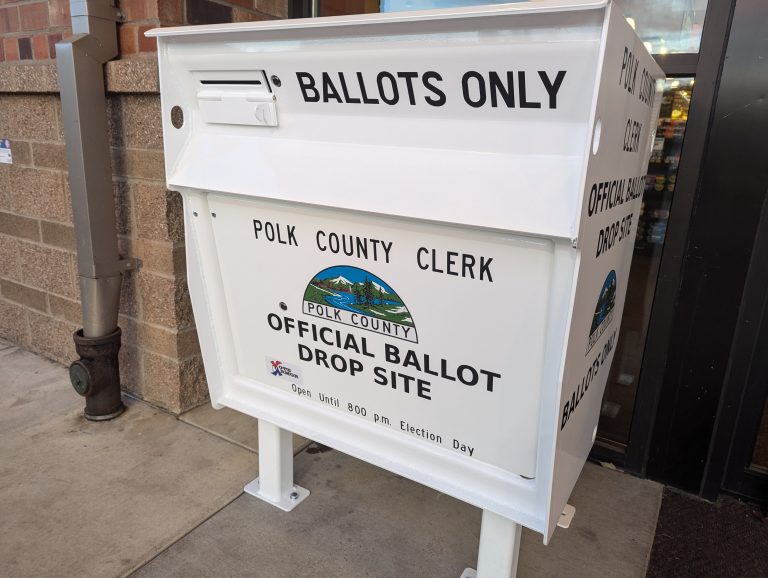 Salem City Hall (Salem Reporter files)
Salem City Hall (Salem Reporter files)
The city of Salem is moving to shut down a commission tasked with earmarking millions of federal dollars after it unraveled amid potential conflicts of interest.
The Salem City Council Monday night agreed with a staff recommendation to dissolve the Community Services and Housing Commission. The decision comes two months after the federal government took issue that some of the nine commissioners worked for organization that often apply for grants the commission oversees.
The ordinance disbanding the commission needs a final council vote, likely next month.
The commission’s prime job was to evaluate applications seeking funding for housing projects and community initiatives. The city administers the program but money comes from the federal Department of Housing and Urban Development, also known as HUD. Final approval rested with the city council.
In place of the commission, reviews would be done by a new five-person work group, said Kristin Retherford, director of the city Urban Development Department. It’s unclear who will serve on that work group but Retherford said a new group would be formed each year.
While HUD never penalized the city, it did ask in a recent 10-page “monitoring report” for changes.
The report noted that three commissioners were employed by organizations that regularly applied for the federal dollars. Besides the potential for backroom dealing, HUD wrote that other organizations could be discouraged by the process.
Retherford said commissioners didn’t score their own or competing applications.
Over the last five years, Salem received on average $2 million every year from HUD. Since 2012, four commissioners’ organizations received $5.3 million.
The federal report, received by the city Oct. 29, recommended banning commissioners from applying for grants. Four commissioners resigned soon after, although some said their action was unrelated to the letter.
Dissolving the commission made more sense than banning commissioners, Retherford said, because the commission itself was at odds with HUD’s goals.
When it was created, Community Services and Housing Commission was enshrined in city code to specifically include stakeholders like United Way of the Mid-Willamette Valley, which often vied for grants.
“About half of the commissioners would have to come off the commission, or the organizations they represent would have to be precluded from grant applications,” Retherford said. “And the way the commission is established in code… all of those entities have been grant recipients in the past or would want to pursue grant funding in the future. So that presents a challenge.”
Retherford added that many of the commission’s duties are now replicated by a homeless program coordinator that is jointly funded by governments in the region. That position is currently vacant.
Have a tip? Contact reporter Troy Brynelson at 503-575-9930, [email protected] or @TroyWB.




